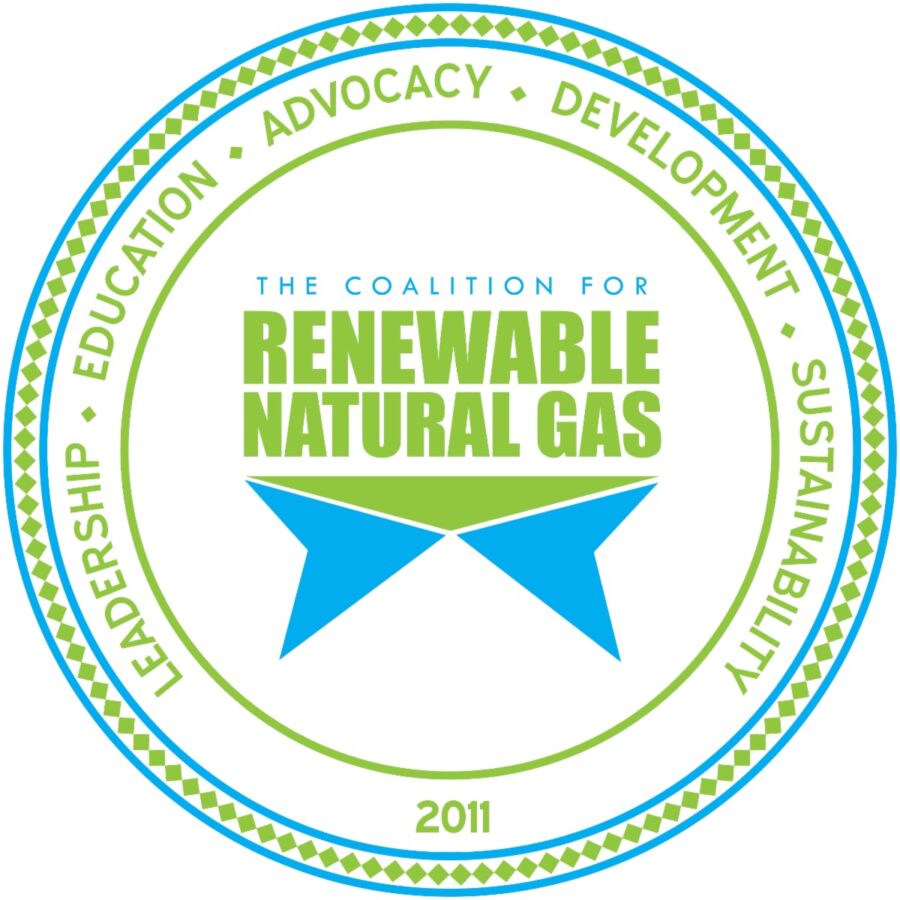
RNG Coalition, European Biogas Association look to establish environmental accounting rules
September 25, 2023
By Coalition for Renewable Natural Gas

The Coalition for Renewable Natural Gas (RNG Coalition), together with the European Biogas Association (EBA), met last week with Pankaj Bhatia, global director of the Greenhouse Gas (GHG) Protocol at World Resources Institute (WRI), at New York Climate Week. Leaders discussed growing supply and utilization of renewable natural gas (RNG)/biomethane in North America and Europe and explored avenues for future collaboration to facilitate the accounting and reporting of RNG crediting under the GHG Protocol. Recognition of RNG’s environmental attributes under the GHG Protocol will prove key toward unlocking RNG’s decarbonization potential in both North America and European jurisdictions.
Discussions during Climate Week focused on the significant growth of RNG on both continents, with parties mapping collaborative efforts to streamline the accounting and reporting of RNG’s environmental attributes within the GHG Protocol framework.
The GHG Protocol, a collaborative initiative between WRI and the World Business Council for Sustainable Development, is a widely adopted framework that enables companies to measure greenhouse gas emissions and communicate their decarbonization goals. However, the framework currently lacks specific accounting rules for RNG’s environmental attributes, which are crucial for RNG procurement in North America and in international markets.
Last week’s meeting between RNG Coalition, EBA, and WRI signalled significant progress toward incorporating a market-based approach to RNG crediting within the GHG Protocol. In the coming months, RNG Coalition, in coordination with EBA, will provide invaluable expertise to WRI regarding the certification and documentation of RNG and other renewable gases in North America and the EU. These efforts will establish a solid foundation for the global RNG market by providing credible evidence of the environmental benefits of RNG, a low-carbon gaseous fuel derived from the captured methane emissions of society’s organic waste streams.
The recent, rapid growth of RNG in North America underscores the urgency of this joint effort, with operators across the U.S. and Canada rapidly breaking ground on new facilities that capture and reduce methane emissions. The 300 RNG facilities currently operating in the United States and Canada have a weighted average carbon intensity of -16.6 gCO2e/MJ, positioning RNG as one of the most impactful decarbonization solutions available today.
The North American RNG movement is on pace for further tenfold growth by 2030 from 2020 levels, with nearly 500 RNG facilities currently in construction or advanced planning phases across the continent. Universal recognition of RNG’s environmental attributes is key to supporting the sustained growth of this low-carbon energy source in North America, as well as the European Union’s visionary goal to supply 35 billion cubic meters (bcm) of RNG, or biomethane, by 2030.
Bhatia said: “Today’s meeting was a productive and positive conversation between WRI, EBA and RNG Coalition. I confirmed that WRI plans to remove the biomethane annex from the final Land Sector and Removals Guidance in order to allow for a full exploration of these options and issues, and that we are committed to working with them to ensure that existing best practices are incorporated in any future guidance on GHG Protocol so that renewable gas transactions are carried out with the highest level of integrity and confidence.”
David Cox, founder and CFO of the Coalition for Renewable Natural Gas, said: “Our engagement with WRI continues to be constructive. A market-based approach to environmental attributes is a proven catalyst for growth and ensures renewable gases contribute positively to our clean energy present and future.”
Harmen Dekker, CEO of EBA, said: “We are eager to work with the World Resources Institute to facilitate the uptake of biomethane within the GHG Protocol. GHG emissions reporting frameworks can support the European Union’s efforts to reach 35 bcm of sustainable biomethane production by 2030 by enabling corporate end-users to report on their biomethane purchases and measure its climate benefits on their activities.”
Print this page